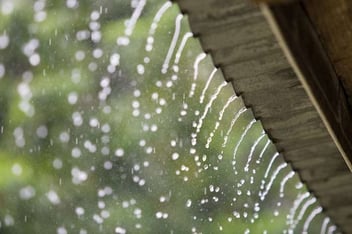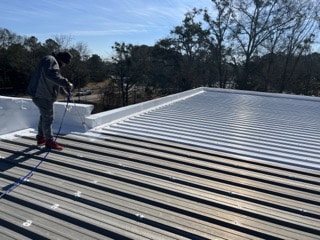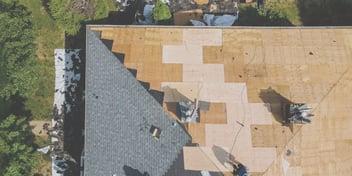- Home »
- Learningcenter »
- Guide silicone roof coatings
The Ultimate Guide on Silicone Roof Coatings (Updated 2023)
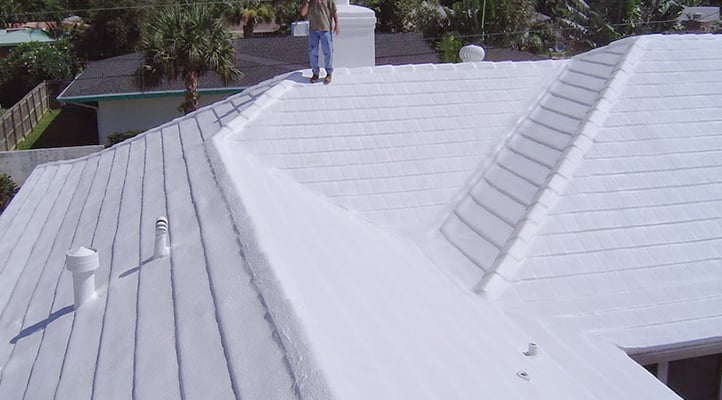
Do you own or manage a building with a roof that is getting up there in age but is generally in good shape? If so, you'll be happy to learn about silicone roof coatings.
Silicone roof coating systems are a cost-effective way to extend the life of your roof. Applying a thin layer of silicone coating to your existing roof adds a seamless, waterproof layer that fills in cracks, seams, and vulnerable areas on your roof.
What are silicone roof coatings, exactly, and what do you need to know about them? Let's look at all the most important details about this type of roof coating.
What Are Silicone Roof Coatings?
A silicone roof coating system involves applying a single layer of silicone to fill in your roof's seams, cracks, and blisters; this can be an ideal solution when your roof is a bit older but still in good shape– essentially, you don't need a brand new roof. Still, you'd like to extend its life and receive added protection from leaks.
![]()
One of the significant benefits of silicone roof coatings is that they're much more cost-effective than a roof replacement. On top of that, it can reduce your energy bills by adding a new reflective layer to your building's roof.
How Long Do Silicone Roof Coatings Last?
Typically, silicone roof coatings will last between ten and twenty years or even longer. The thickness of the layer you apply impacts the warranty you'll receive– usually, a ten-year warranty requires 20 mils of coating, while a twenty-year warranty requires 30 mils of coating.
![]()
How long a silicone roof coating lasts depends on a number of different factors, one of which is whether an annual inspection and maintenance are occurring.
How Much Does It Cost to Install Silicone Roof Coating?
The total cost of applying a silicone roof coating is going to depend on whether any roof repairs will be needed, your location, the size of your roof, and other factors.
In general, it typically costs between $2.00 and $3.50 per square foot to coat a 20,000-square-foot commercial roof, accounting for both the materials and the labor.
The first step in coating your roof is to perform an infrared survey. This allows your professional roofing contractors to examine the insulation's condition, as they will be able to detect where the insulation is wet underneath the membrane.
The fact that you're getting a silicone roof coating means that your roof is already in decent condition. However, your roofing company might find a few spots that need some attention before applying the coating. In most cases, less than 25% of the roof will be repaired before a silicone roof coating system is installed.
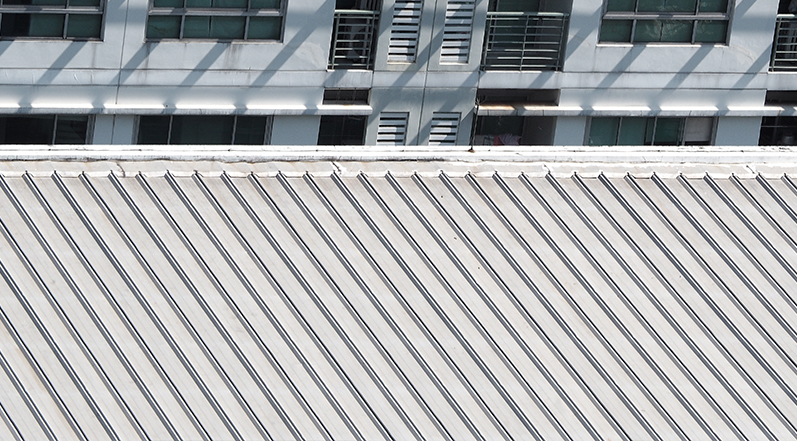
While prices can vary depending on your location and type of roof, doing roof repairs before a silicone restoration often costs between $0.70 and $1.40 per square foot for both labor and materials.
Your roof will also need to be thoroughly cleaned before the silicone is applied to ensure that it properly adheres to the surface. The roof will then need to dry before application, which can occur naturally over a few days (depending on the weather) or with the use of a powerful air dryer. Contractors usually use a traditional power washer wand to get this part of the job done, which generally costs about $0.20 to $0.35 per square foot.
Another power washing option is reclamation washing. More expensive and less popular, reclamation washing usually costs between $0.30 and $0.50 per square foot. Though it is pricier, this process is more eco-friendly because it uses less water and disposes of the wastewater into the sewer system. Beyond that, it also takes less time for the roof to dry and therefore be ready for application.
The last step before applying the silicone coating will be to reinforce all of the existing seams across your roof; this adds another layer of protection for your roof to help prevent leaks in the most vulnerable areas to water intrusion. Contractors typically use either polyester mesh with coating or self-adhesive tape, which costs $2.20 to $2.50 per square foot and $4.00 to $4.50 per square foot, respectively.
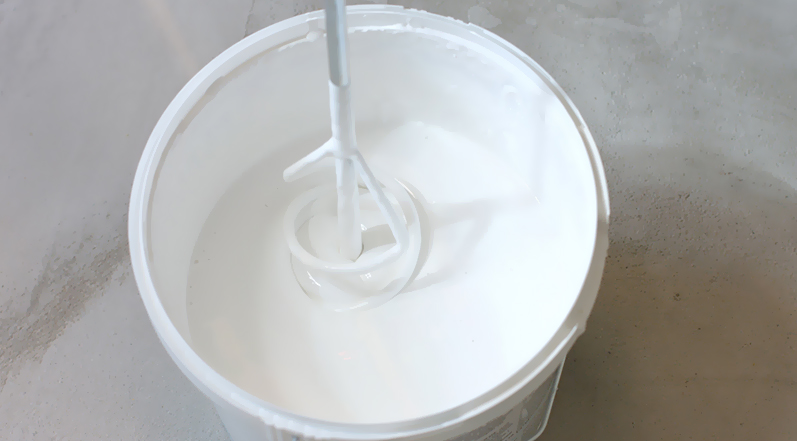
There are pros and cons to both polyester mesh with coating and self-adhesive tape. The former is more cost-effective for the materials but demands more time, while the former is faster to install but more expensive for the material.
Finally, it's time to apply the silicone coating to your roof. It is either rolled or sprayed onto the surface to help protect the seams, repairs, and roof from water intrusion and damage.
Whether you will apply one or two coatings and how thick your layers are will depend on the brand of material your contractor uses.
In general, it will cost between $1.40 and $1.87 per square foot to install one coat of silicone roof coating at 20 mils, while two coats at 20 mils will cost between $1.78 and $2.10 per square foot. For coat 30 mils applications, it will generally cost between $2.10 and $2.45 per square foot, while two coats at 30 mils will usually cost between $2.45 and $2.50 per square foot.
What this means is that an estimated cost to coat a commercial roof with a silicone coating should cost somewhere between $2.00 and $4.00 per square foot for the average 20,000-square-foot commercial roof.
High Solids Silicone Vs. Solvent-Based Silicone
The traditional type of silicone roof coating is solvent-based silicone. However, a new kind of silicone coating, known as high-solids silicone, has recently entered the industry. High solids coatings have been created to address some of the limits of solvent- and water-based coatings.
In high-solids silicone coatings, the resin itself is the carrier rather than a solvent (or water, as is the case for some types of coatings such as acrylic.) The curing process occurs via a chemical reaction.
The solvent-based silicone coatings typically contain between 30 and 40 percent solvents, while high-solvent silicone coatings typically contain solids in excess of 95 percent.
What Are the Benefits of Silicone Roof Coatings?
There are a number of compelling reasons why you might apply a silicone roof coating to your commercial building. Let's look at some of the most commonly cited benefits of the roof renewal service.
1. Extending the Life of Your Roof
If your roof has cracks, seams, or other vulnerable areas that you're worried could start causing you problems, a silicone roof coating can be a great choice.
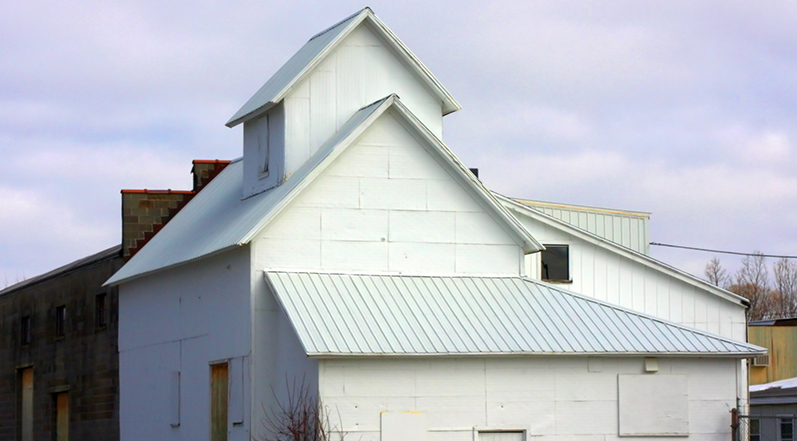
Of course, one of the most significant benefits of silicone roof coating systems is that they can extend the life of your roof. You can't apply this type of coating to a roof that needs to be replaced, but it can be an excellent solution for an older roof that is still in good shape and simply needs a little TLC.
2. Saving You Money
When applying a silicone roof coating to your building, you add a brand-new waterproof roof system on top of the existing substrate.

This process is a lot cheaper than installing a new roof, which often costs three to four times more than a silicone roofing system.
3. Reducing Your Energy Expenses
Silicone roof coatings are one of the methods you can use to achieve a cool roofing system; this is because their bright white color reflects UV rays away from your building which helps to keep it cooler in the summer. In fact, silicone roofs are said to save up to 35% in energy costs, thanks to the reduced need for air conditioning.
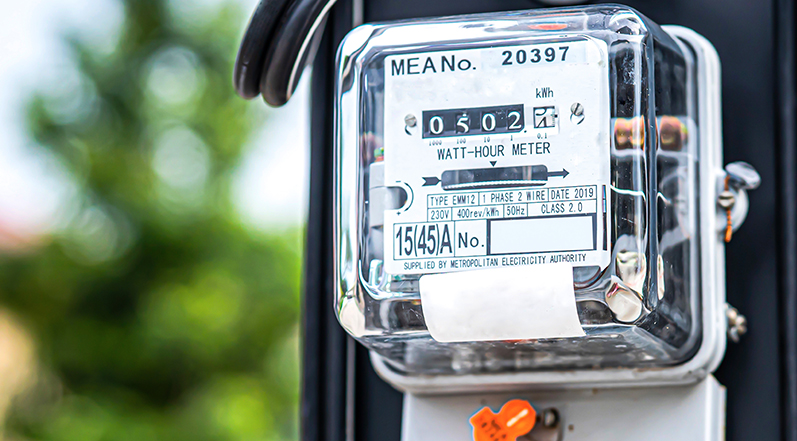
On top of that, it also means that your cooling system isn't getting nearly as much of a workout as it did before you installed your silicone roof coating. This means that the maintenance costs of your cooling system can be reduced while also extending its lifespan.
You can learn more about cool roofing systems and their benefits in this article from the U.S. Department of Energy.
4. Reducing the Impact on Your Business
Replacing the roof on a commercial building is a big job that can be seriously disruptive to your business.
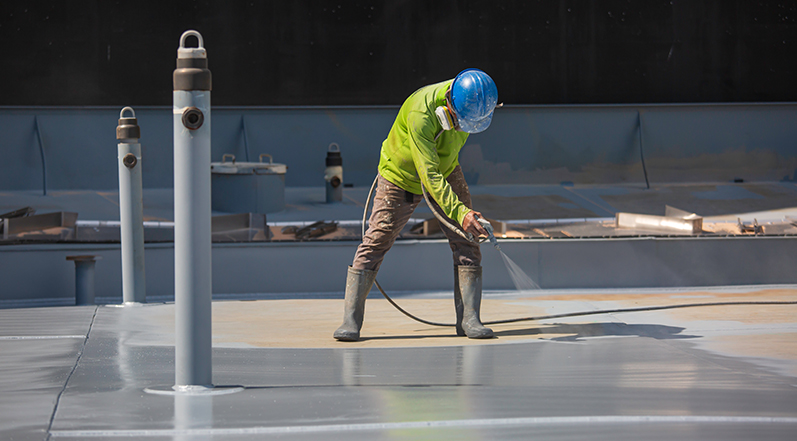
If you're interested in giving your roof more protection but not excited about impacting the daily functions of your business, a silicone roof coating can be a great solution.
What Are the Drawbacks of Silicone Roof Coatings?
On the other hand, there are also some downsides of silicone roof coatings to be aware of. It's always a good idea to look at the full range of roofing options that suit your purposes before making a decision. If you have any questions about the different steps you can take to maintain or renew your roof, feel free to contact us. At Colony Roofers, we pride ourselves in providing the absolute best customer experience, and we're always available to discuss the variety of roofing options available depending on your needs.
1. The Existing Roof Needs to Be in Good Condition
One of the drawbacks of silicone roof coatings is that they aren't a solution that will work for everyone. This is because the existing roof system needs to be in better condition than the typical roof toward the end of its serviceable life in order to be eligible for an installation.
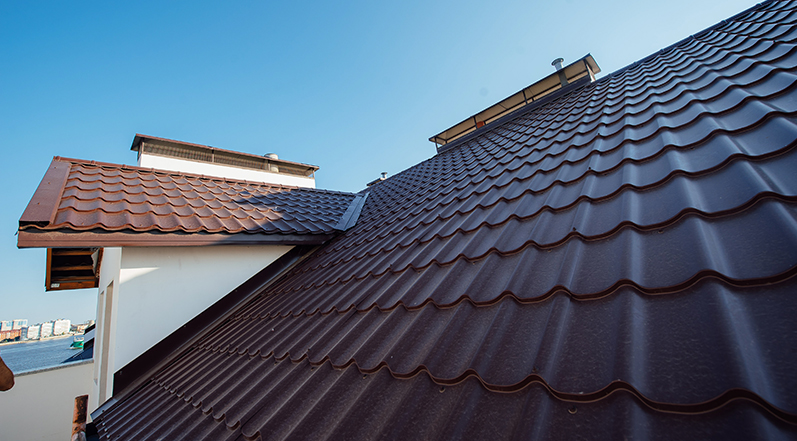
For a roof to be in good enough condition, it will need to have been adequately maintained over the course of its life, the seams of the membrane need to be mostly intact, and no more than a quarter of the underlying insulating and substrate should need to be replaced.
2. They Get Slippery When Wet
Silicone roof coatings can get quite slippery when they are wet.
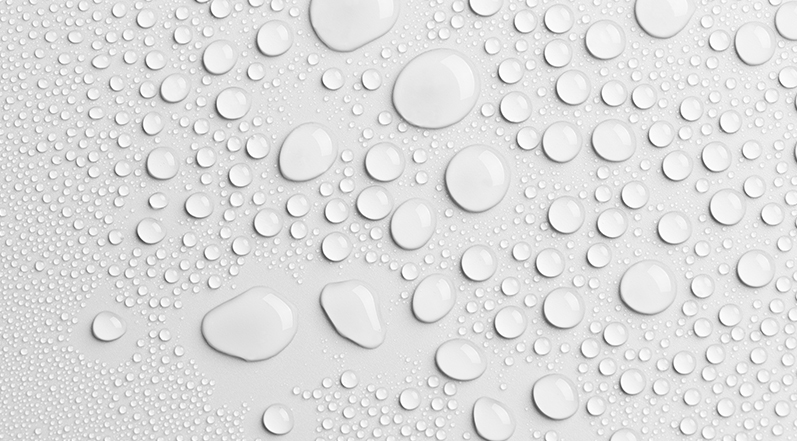
Most roofing contractors will add sand to high-foot-traffic areas, such as near rooftop HVAC units; this helps to add a bit more traction while reinforcing the material's strength in these high-use areas.
3. They Can Look Dingy With Time
When your silicone roof coating is brand new, it is a bright white or gray color.
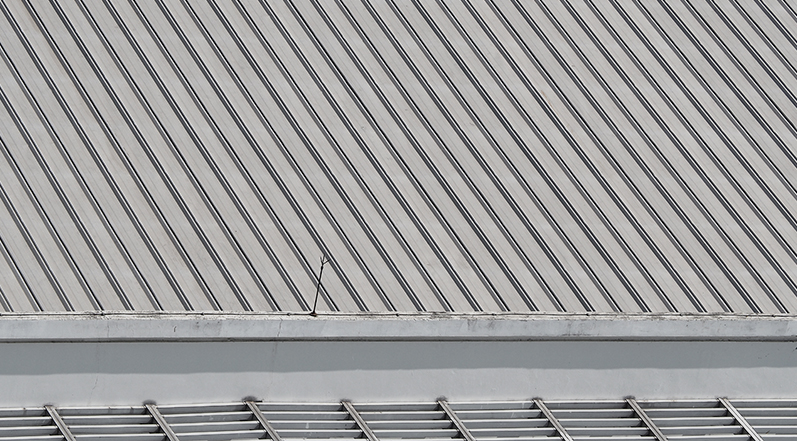
However, the shine wears away with time, and dirt, leaves, and algae can stick to the coating; this is not a problem from a performance standpoint, but it is worth being aware of.
4. You Can't Always Apply Silicone to Built-Up Roofs
Built-up roofs, also known as tar and gravel roofs, can make creating a smooth surface with a silicone coating difficult.
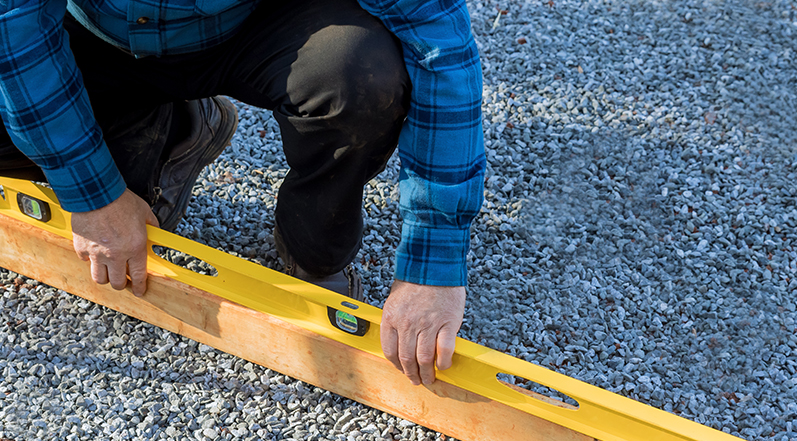
For this reason, not all roofing companies will apply silicone coatings to a built-up roof.
What Types of Roofs Can Be Restored With a Silicone Roof Coating?
Many different types of commercial flat roofs can be restored using a silicone roof coating, but not all of them. Ideal candidates for silicone roof coatings include single-ply roofing systems (TPO and EPDM,) metal roofing systems, and modified bitumen roofing systems.
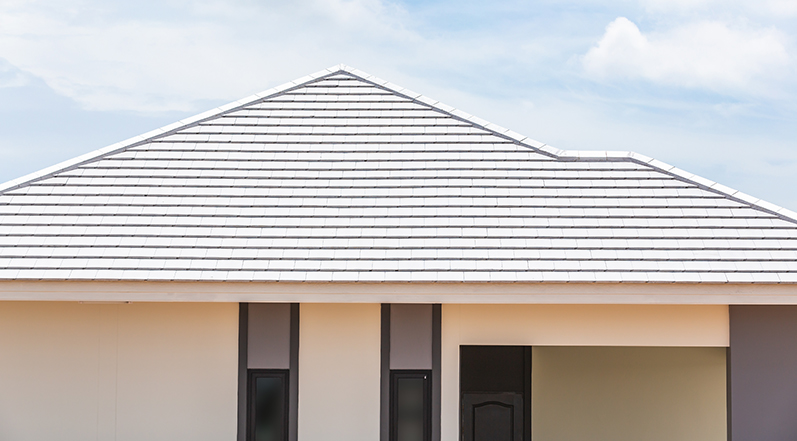
Modified bitumen roofing systems typically come in two types– granulated and smooth-surface. While both can be restored using silicone coatings, it's more time-consuming to clean granulated roofs before the application process. Single-ply roofing systems are easy to restore using a silicone coating, while metal roofing systems require being washed and treated before application.
What Other Types of Roof Coatings Are There?
There are a number of different types of roof coatings you can use to extend the life of your roof, including acrylic, polyurethane, asphalt, elastomeric, and silicone.
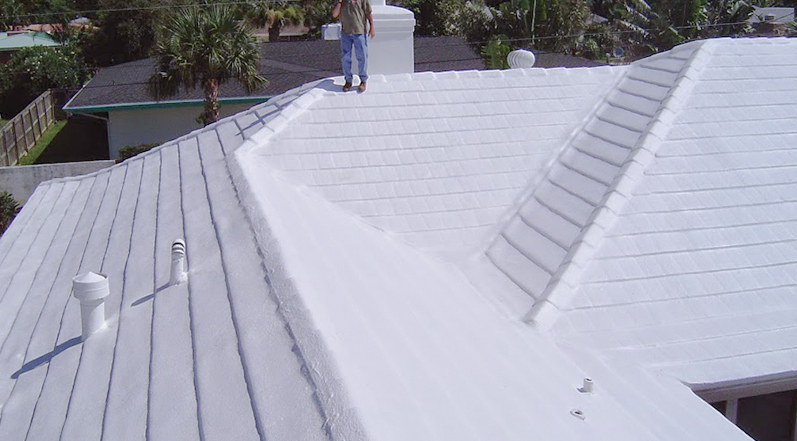
The type of roof coating that is right for your building will depend on a number of factors, including your budget, your main goals in applying a roof coating, your building, and the environment.
Note: I just published a guide on the various roof coatings and their cost, durability, and more! Check it out here: https://colonyroofers.com/learningcenter/roof-material-lasts-longest
Ready to Install a Silicone Roof Coating on Your Commercial Building?
If it's time to renew your commercial roof, a silicone roof coating can be a cost-effective way to help extend its life. Replacing the roof on a commercial building is a costly undertaking, but an aging roof can squeeze out ten to twenty more years with a silicone roof coating application.
Do you operate a commercial building in the Atlanta area, and you're looking for the best roofing company to apply a silicone roof coating? If so, you've come to the right place!

Colony Roofers is a locally owned and operated business that serves the greater Atlanta area. Our team comprises experienced and hard-working professionals who pride themselves on offering the best and most affordable roofing systems while also providing excellent customer service.
Please contact us to schedule an estimate or to ask any questions you might have.
 Call (678) 365-3138
Call (678) 365-3138

